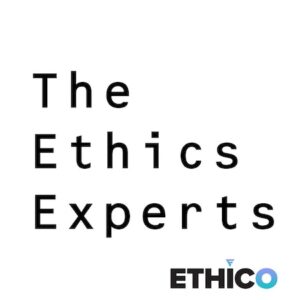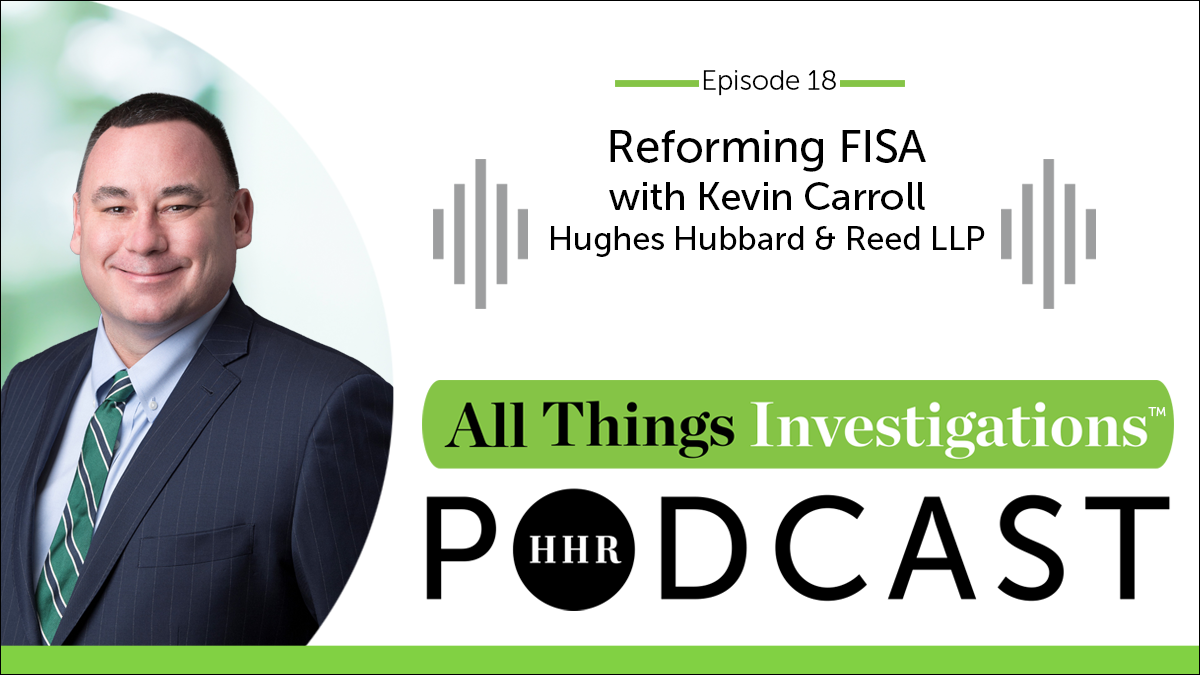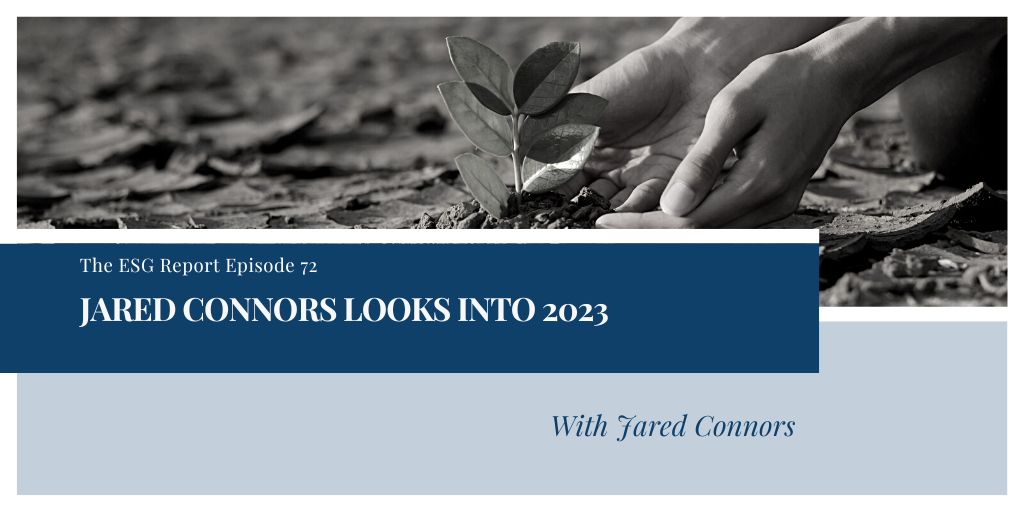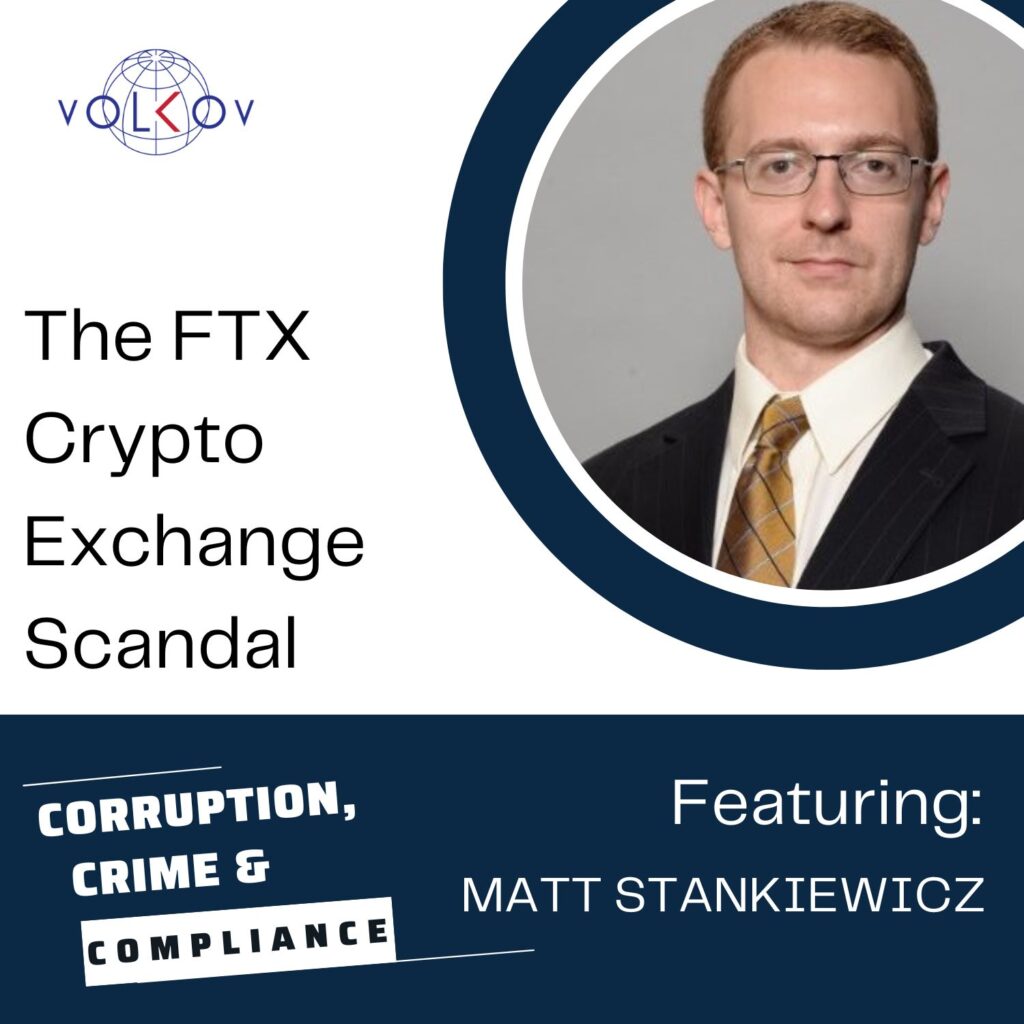One of the areas that many companies have not paid as much attention to in their compliance programs is compensation and incentives. However, the Department of Justice (DOJ) and Securities and Exchange Commission (SEC) have long made clear that they view monetary structure for compensation, rewarding those employees who do business in compliance with their employer’s compliance program, as one of the ways to reinforce the compliance program and the message of compliance.
This was made clear once again in the Monaco Memo which stated, “Corporations can help to deter criminal activity if they reward compliant behavior and penalize individuals who engage in misconduct. Compensation systems that clearly and effectively impose financial penalties for misconduct can incentivize compliant conduct, deter risky behavior, and instill a corporate culture in which employees follow the law and avoid legal “gray areas.””
Moreover, the Monaco Memo tied compensation to a company’s culture of compliance. It stated, “Similarly, corporations can promote an ethical corporate culture by rewarding those executives and employees who promote compliance within the organization. Prosecutors should therefore also consider whether a corporation’s compensation systems provide affirmative incentives for compliance-promoting behavior. Affirmative incentives include, for example, the use of compliance metrics and benchmarks in compensation calculations and the use of performance reviews that measure and reward compliance-promoting behavior, both as to the employee and any subordinates whom they supervise. When effectively implemented, such provisions incentivize executives and employees to engage in and promote compliant behavior and emphasize the corporation’s commitment to its compliance programs and its culture.”
Yet compensation incentives have long been seen as a key element of any best practices compliance program. As far back as 2004, then SEC Director of Enforcement Stephen M. Cutler noted that integrity, ethics and compliance needed to be part of promotion, compensation and evaluation processes: “At the end of the day, the most effective way to communicate that “doing the right thing” is a priority, is to reward it.”
The 2020 FCPA Guidance, 2nd edition, stated the “DOJ and SEC recognize that positive incentives can also drive compliant behavior. These incentives can take many forms such as personnel evaluations and promotions, rewards for improving and developing a company’s compliance program, and rewards for ethics and compliance leadership.” The Monaco Memo takes it a step further by asking more broadly has your company, “incentivized employee behavior as part of its efforts to create a culture of ethics and compliance within its organization.”
The 2020 Update, in the section entitled “Incentives and Disciplinary Measures”, provided some key questions for a company to ask about its incentive system:
Incentive System—Has the company considered the implications of its incentives and rewards on compliance? How does the company incentivize compliance and ethical behavior? Have there been specific examples of actions taken (e.g., promotions or awards denied) as a result of compliance and ethics considerations? Who determines the compensation, including bonuses, as well as discipline and promotion of compliance personnel?
The first question posed in the 2020 Update requires you to start with the basic question of what does your employee compensation consist of? Is it a straight salary? Is it variable? If so, what does the variable component consist of? Is it a discretionary bonus based upon the overall success of the entire business enterprise or some small subset, such as a business unit or geographic region? Is it solely personal? Or is it some combination of all of the above?
Under the second question, you need to demonstrate that you have thought through this issue. The DOJ does not mandate one solution or formula, only that it be well considered. And, of course, the approach you come up with must be documented. A good starting place is Marc Roberge’s 2015 Harvard Business Review (HBR) article, entitled “The Right Way to Use Compensation”, that discusses the design and redesign of an employee’s compensation system to help drive certain behaviors. The article’s subtitle, “To shift strategy, change how you pay your team”, echoed Cutler’s message from 2004. The article lays out a framework for a Chief Compliance Officer (CCO) or compliance practitioner to operationalize compensation as a mechanism in a best practices compliance program.
As your compliance program matures and your strategy shifts, “it’s critical that the employees who bring in the revenue—the sales force—understand and behave in ways that support the new strategy. The sales compensation system can help ventures achieve that compliance.” The prescription for you as the compliance practitioner is to revise the incentive system to focus employees on the goals of your compliance program. This may mean that you need to change the incentives as the compliance programs matures; from installing the building blocks of compliance to integrating anti-corruption compliance within the DNA of your company.
There are three key questions you should ask yourself in modifying your compensation structure. First, is the change simple? Second, is the changed aligned with your company values? Third, is the effect on behavior immediate due to the change?
Simplicity. Keep the compensation plan simple when designing your program. The simplest way to incentivize employees is to create metrics that they readily understand and are achievable in the context of the compliance program.
Alignment. You need to state the most important compliance goal your entity needs to achieve. From there you should determine how your compensation program can be aligned with that goal. The beauty of this alignment is that it works with your sales force throughout the entire sales cycle, whether employee-based or through third parties such as agents, representatives, channel ops partners or distributors.
Immediacy. It is important that such structures be put in place “immediately” but in a way that incentivizes employees. As a part of immediacy, there must be sufficient communication with your employees. In the world of employee compensation incentives, there should be transparency as to the expectations.
Under the third question from the 2020 Update, you need to have documented examples where additional compensation or promotions were made to employees who did business ethically and in alignment with the corporate compliance program. The fourth question goes in a different direction by asking who in the organization is evaluating and then setting the compensation of the CCO and compliance personnel?
Obviously, the power of a compensation plan is to motivate employees to not only sell more but to act in ways that support your company’s business model and overall culture and values. For the compliance practitioner, one of the biggest reasons is to first change a company’s culture to make compliance more important, and then integrate it into the DNA of your organization. But you must be able to evolve in your thinking and professionalism to recognize the opportunities to change and then adapt your incentive program to make the doing of compliance part of your company’s everyday business process. The Monaco Memo makes it clear that the bottom line is the “use of financial incentives to align the interests of the C-suite with the interests of the compliance department can greatly amplify a corporation’s overall level of compliance.”










